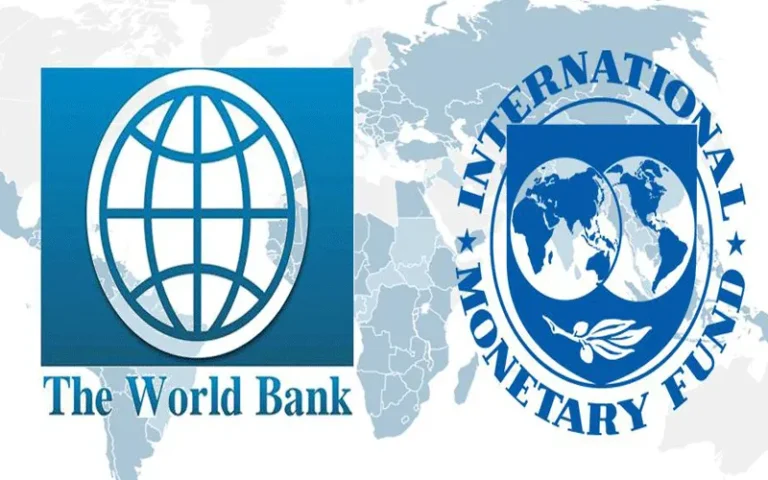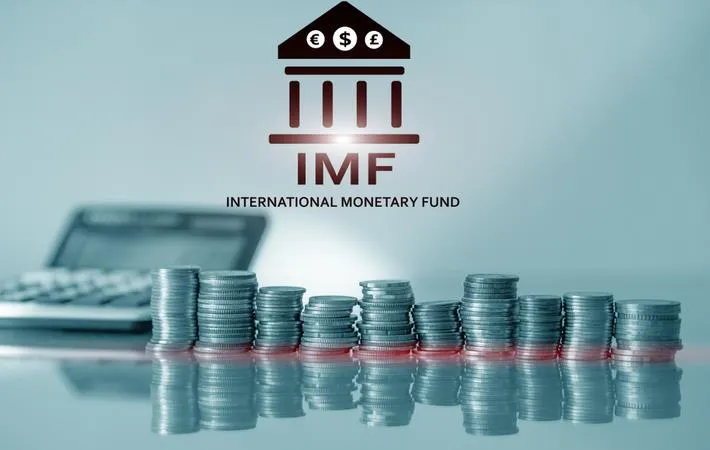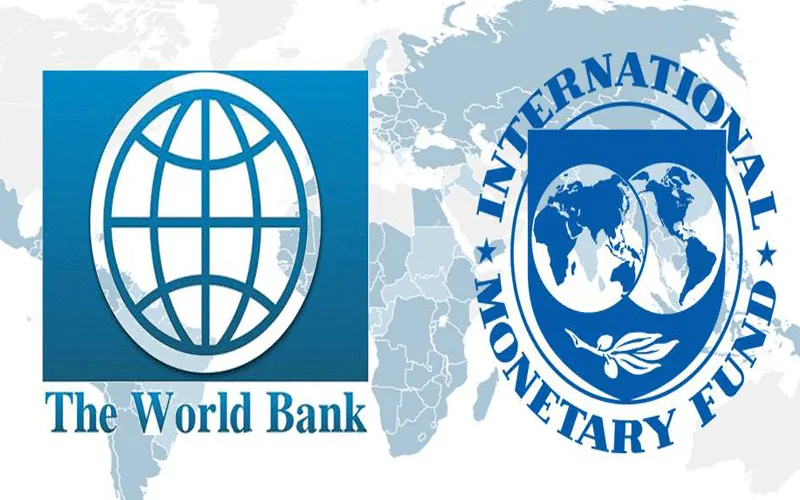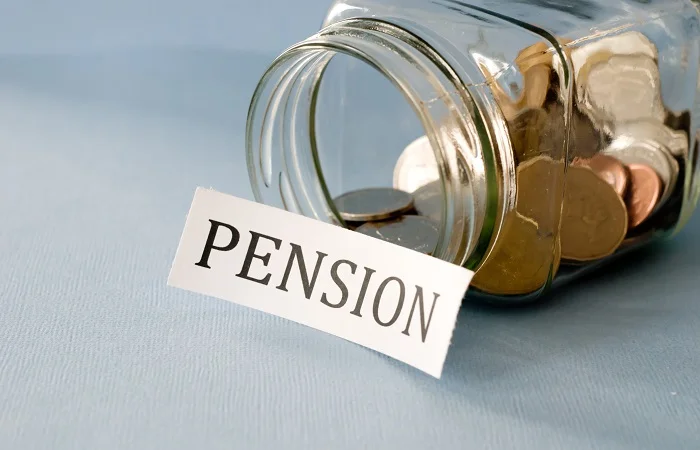The Micro, Small, and Medium Enterprises (MSME) Chamber of Sri Lanka has urgently appealed to President Anura Kumara Dissanayake to implement essential reforms in debt recovery. These reforms, aimed at alleviating pressure on small businesses, are especially critical amid Sri Lanka’s challenging economic climate. The MSME Chamber argues that current debt recovery practices under the Recovery of Loans by Banks Act No. 04 of 1990 are too stringent, endangering the sustainability of many small enterprises.
The Call for Urgent Debt Recovery Reforms
Sri Lanka’s MSME sector, a significant contributor to economic stability and employment, is struggling with an aggressive debt recovery approach that threatens to undermine its survival. The Chamber asserts that with thoughtful reforms, these businesses can serve as essential engines for economic recovery. Here’s a breakdown of the Chamber’s key recommendations for debt recovery reforms:
- Temporary Suspension of Parate Execution
The Chamber recommends a two-year halt on parate execution, a legal measure allowing banks to seize assets for unpaid loans. This suspension would give struggling businesses a critical reprieve, enabling them to stabilize operations without the immediate threat of asset loss. - Flexible Loan Restructuring
The Chamber suggests that banks assess loan restructuring based on businesses’ current cash flows instead of outdated evaluations. This approach aligns repayment plans with the real financial capacities of MSMEs, allowing them to manage debt sustainably. - Fair Asset Valuation and Rapid Surplus Returns
Ensuring fair asset valuations and prompt returns on any surplus generated from asset acquisition is essential to protecting MSME interests. Such practices prevent businesses from bearing additional burdens during the debt recovery process. - Judicial Oversight for Transparency
Implementing judicial supervision in debt recovery would ensure accountability and prevent arbitrary asset seizures. This move aligns with global practices and supports fairness in the financial system, particularly important for small businesses. - Clarifying Default Definitions
Differentiating between intentional and unintentional defaults, particularly in cases of unforeseen events, would foster a fairer recovery process. The Chamber emphasizes that not all defaults stem from negligence, especially given the economic shocks Sri Lanka has faced.
Historical Challenges for MSMEs in Sri Lanka
The Chamber’s plea for reform is set against a backdrop of multiple economic and social crises. Over the past few years, MSMEs in Sri Lanka have faced considerable obstacles that have collectively worsened their financial stability:
- Ethnic Violence (2018)
Outbreaks of violence against certain communities created a climate of fear and led to temporary closures for many businesses. Such incidents highlighted the vulnerabilities of MSMEs in a politically tense environment, underscoring the need for stability and trust-building. - Political Instability (2018)
Political unrest and decision-making gridlocks severely impacted business confidence, leading to cash flow problems and operational disruptions. Many MSMEs struggled to stay afloat due to a lack of a stable governance framework. - Easter Sunday Attacks (2019)
The tragic events of April 2019 devastated the tourism industry, which supports countless small businesses. The sharp decline in visitors left tourism-dependent MSMEs facing severe financial losses, further emphasizing the need for government support in times of crisis. - COVID-19 Pandemic (2020-2021)
Lockdowns and travel restrictions from the pandemic led to a drastic downturn for MSMEs. Forced to pivot to digital solutions, many struggled to adapt due to limited resources, exposing the need for resilient business models. - Economic Crisis (2022)
Sri Lanka’s financial crisis and the bankruptcy declaration by the Central Bank highlighted severe systemic issues in economic management. Temporary relief measures fell short for MSMEs, which faced relentless debt recovery pressures from financial institutions, prompting calls for comprehensive sectoral reforms.
Suggested Debt Recovery Framework Enhancements
The Chamber presents several measures aimed at balancing debt recovery in a way that considers both lenders and borrowers, supporting MSMEs and fostering economic resilience:
- Equitable Asset Acquisition and Surplus Returns
Mandating banks to cover stamp duty at market value when acquiring properties would help prevent excessive penalties for borrowers. Additionally, ensuring that any surplus generated is returned to the business owner within three days would prevent delays in financial recovery. - Offsetting Capital and Interest
Allowing MSMEs to offset outstanding capital along with accrued interest when their assets are acquired would provide critical financial relief, aiding in business continuity. - Advisory Committee for Financial Reforms
The Chamber proposes forming an advisory committee comprising business and financial experts to oversee the implementation of sustainable financial systems tailored to the needs of MSMEs. This body could ensure reforms remain practical and responsive to the challenges small businesses face. - Sector-Specific Safeguards
Certain industries, such as agriculture and manufacturing, are vital to Sri Lanka’s economy. The Chamber advocates for tailored protections to shield these sectors from destabilizing debt recovery practices, supporting employment and economic resilience.
Broader Economic Considerations

As Sri Lanka navigates its current budget cycle, aligning debt recovery reform with the government’s focus on economic restructuring is vital. Integrating these reforms into fiscal planning would provide a structured pathway to long-term stability for MSMEs.
- Sustainable Structural Reforms
Advocating for enduring changes in debt recovery processes can lay the foundation for a resilient business ecosystem, allowing MSMEs to withstand future crises and contribute to economic recovery. - Enhanced Borrower Rights
Establishing standard processes for MSMEs to negotiate with banks would foster transparency and minimize the risk of rapid asset seizures, protecting borrower interests and promoting constructive lender-borrower relationships. - Global Debt Restructuring Models
The Chamber suggests looking at successful models from countries like Australia, where mechanisms such as voluntary administration allow businesses to explore recovery options while maintaining operations. Safe harbor protections, which shield directors from personal liability during financial challenges, could be particularly beneficial for encouraging responsible financial management without immediate insolvency threats. - Judicial Supervision for Fairness
Judicial oversight in debt recovery processes would add a layer of accountability and transparency, preventing arbitrary decisions and supporting fair treatment of MSMEs. - Promoting MSMEs as Economic Resilience Pillars
Reframing parate law reform as a pro-growth initiative aligns with the broader economic recovery strategy. Effective debt restructuring and protective mechanisms would support MSMEs as vital contributors to growth, enhancing economic stability and attracting investment.
Conclusion
The MSME Chamber of Sri Lanka believes that a balanced debt recovery framework is essential to safeguarding the future of small businesses. The proposed reforms aim to create a fairer financial landscape, supporting MSMEs as integral parts of Sri Lanka’s economic fabric. The Chamber calls on the government to take swift action, advocating for a system that nurtures growth, stability, and resilience within the business community. By supporting these initiatives, Sri Lanka can foster an environment conducive to long-term economic health, benefiting both businesses and the nation as a whole.
These proposed changes highlight the urgent need to protect Sri Lanka’s MSMEs, ensuring they not only survive the current challenges but thrive as vital drivers of economic resilience in the years ahead.











